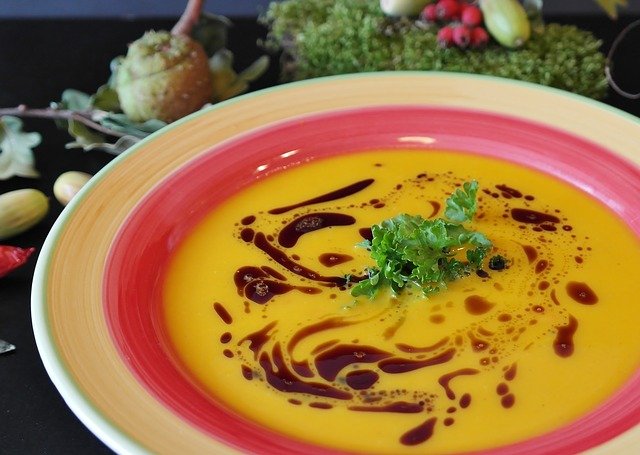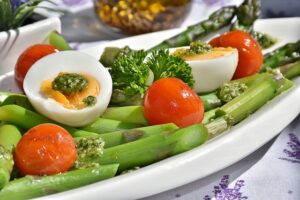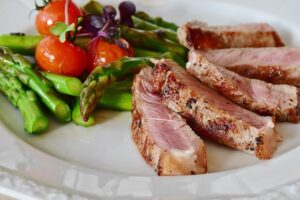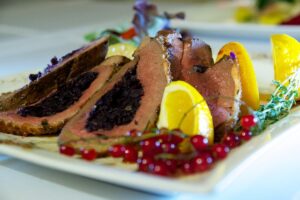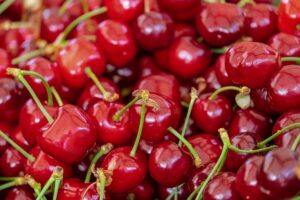Introduction
Vegan silk, also known as peace silk or cruelty-free silk, is a sustainable alternative to traditional silk that is produced without harming or killing silkworms. This innovative fabric has gained popularity among conscious consumers who want to avoid supporting animal exploitation in the fashion industry. In this article, we will explore what vegan silk is, how it is made, and its benefits for both animals and the environment.
What is Vegan Silk?
Vegan silk refers to silk fabric that is produced in a way that does not harm silkworms. Traditional silk production involves boiling silkworm cocoons to extract the silk threads, resulting in the death of the silkworms. In contrast, vegan silk production methods allow the silkworms to complete their life cycle and emerge from the cocoon as moths. This process ensures that no animals are harmed in the production of the fabric.
How is Vegan Silk Made?
There are different methods used to produce vegan silk, but one of the most common techniques is called “peace silk” or “ahimsa silk.” In this method, the silk is harvested after the silkworms have naturally left the cocoon. The cocoons are carefully unraveled, and the silk threads are collected without harming the pupae inside. This process requires more labor and time compared to traditional silk production, but it ensures that the silkworms are not harmed.
Another method used to produce vegan silk is through the use of synthetic fibers. These fibers are made from plant-based materials such as bamboo, soy, or corn. The fibers are then processed to create a fabric that closely resembles traditional silk in terms of texture and appearance. This synthetic vegan silk is often referred to as “artificial silk” or “plant-based silk.”
Benefits of Vegan Silk
1. Animal Welfare: The main benefit of vegan silk is that it eliminates the need to harm silkworms in the production process. By choosing vegan silk, consumers can support cruelty-free practices and contribute to the ethical treatment of animals.
2. Sustainability: Vegan silk production methods are more sustainable compared to traditional silk production. The use of plant-based fibers reduces the environmental impact associated with raising silkworms and processing silk. Additionally, some vegan silk fabrics are produced using organic and eco-friendly materials, further reducing the carbon footprint.
3. Versatility: Vegan silk can be used to create a wide range of products, including clothing, accessories, and home furnishings. Its versatility makes it a viable option for those seeking sustainable alternatives in various industries.
4. Hypoallergenic Properties: Vegan silk made from plant-based fibers is often hypoallergenic, making it suitable for individuals with sensitive skin or allergies. Unlike traditional silk, which can cause skin irritation for some people, vegan silk offers a comfortable and irritation-free alternative.
Conclusion
Vegan silk provides a sustainable and cruelty-free alternative to traditional silk. By avoiding the harm caused to silkworms in the production process, vegan silk allows conscious consumers to make ethical choices without compromising on quality or style. The use of plant-based fibers and eco-friendly production methods further enhances the environmental benefits of vegan silk. As more people become aware of the impact of their choices, the demand for vegan silk is likely to continue growing, driving innovation and positive change in the fashion industry.
References
1. PETA: People for the Ethical Treatment of Animals – www.peta.org
2. Ahimsa Silk – www.ahimsasilk.com
3. Vegan Fashion Blog – www.veganfashionblog.com
4. Sustainable Fashion Matterz – www.sustainablefashionmatterz.com

